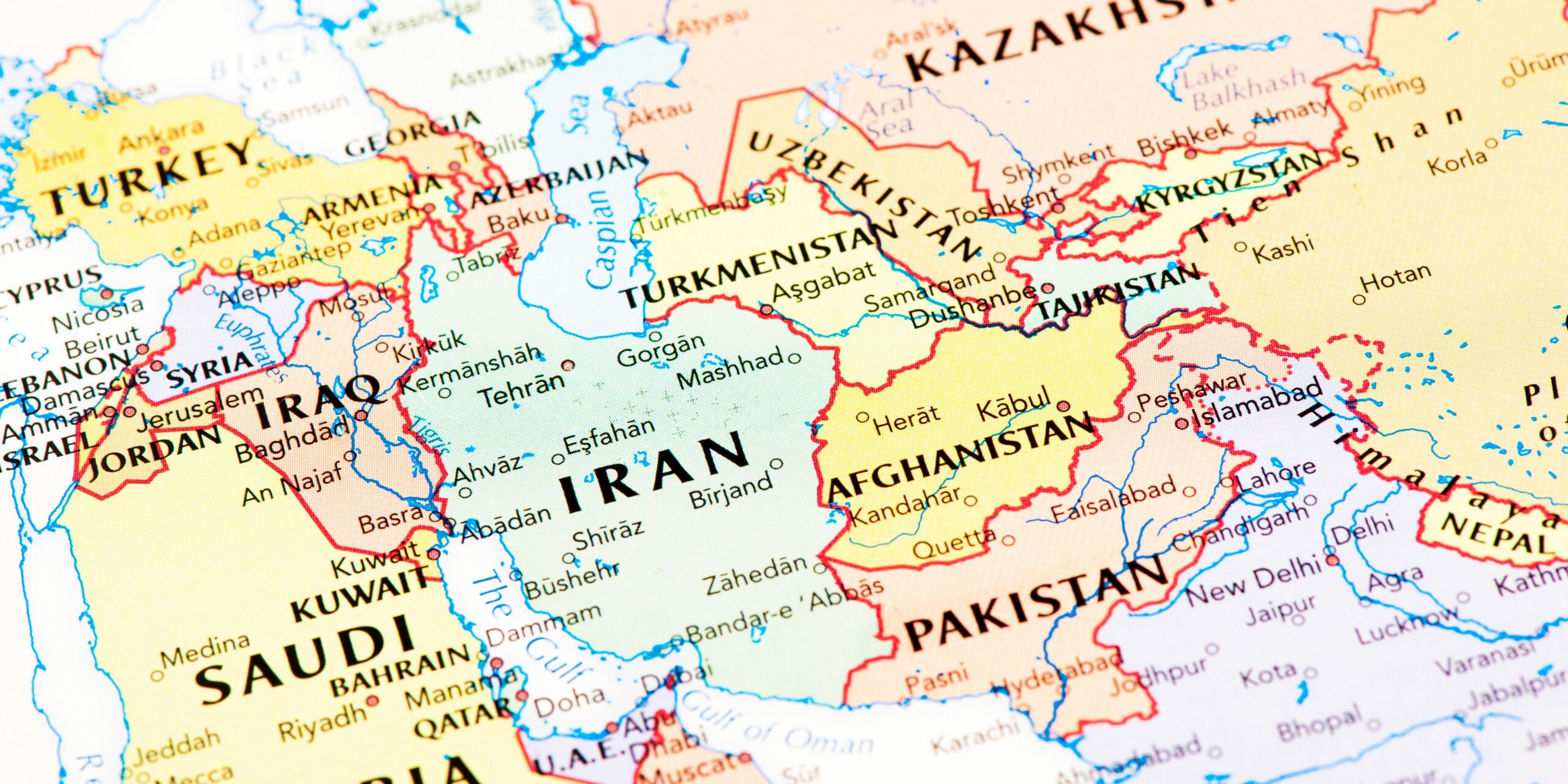The Potential Impact of the Israel-Hamas Conflict on the US Economy
The ongoing conflict between Israel and Hamas has raised concerns among analysts about its potential impact on the US economy. Analysts warn that the conflict could affect the value of the dollar and lead to swift changes in oil prices. Furthermore, the uncertainty caused by the conflict may result in higher inflation, which could pose a significant challenge for President Joe Biden in an election year.
Impact on Inflation
Economists at Goldman Sachs recently reported that the consumer price index is expected to continue its downward trend, dropping to 3.98 percent in September from 4.3 percent in August. While this news is positive for the White House’s efforts to reduce inflation, the evolving events in the Middle East could disrupt these efforts and lead to higher inflation rates.
Impact on Shipping Routes and Oil Prices
The conflict has the potential to impact key shipping routes such as the Suez Canal, responsible for carrying seven percent of global trade, and the Strait of Hormuz, through which 20 percent of the global oil supply flows. Analysts, including Karim Basta of Ill Capital Management, warn that the conflict poses a risk of higher oil prices and threatens both inflation and economic growth prospects.
Market Uncertainty and Reaction
The uncertainty created by the conflict could cause swings in oil prices and delay decision-making in the markets. Carl Tannenbaum, chief economist with Northern Trust, explains that economic uncertainty tends to increase risk premiums and affects oil prices. Furthermore, market participants are closely monitoring the scenarios unfolding in the Middle East to determine the long-term impact and whether this outbreak of violence will disrupt the equilibrium established over decades of instability in the region.
Bond Market Response
The conflict could also affect the bond market, specifically U.S. Treasury bonds. These bonds are often considered a safe haven during times of economic uncertainty and crises. Hence, the conflict may lead to increased demand for Treasury bonds as investors seek relative security. The increased demand for Treasuries would help lower interest rates, as bond prices and interest rates are inversely correlated. While falling interest rates can be a warning sign of rising inflation, the context of a new regional war could prompt markets to interpret the situation differently.
The Israel-Hamas conflict has the potential to impact the US economy in several ways. From the risk of higher oil prices and potential disruptions to shipping routes to the uncertainty it creates in financial markets, the conflict poses challenges for inflation, growth prospects, and interest rates. As the situation continues to evolve, economists and policymakers will closely monitor its ramifications on the US economy and adjust strategies accordingly.
Source: https://www.dailymail.co.uk/news/article-12616735/israel-hamas-economy-dollar-oil-inflation.html?ITO=applenews-us

International Logistics
If you’ve ever considered expanding your expertise in the dynamic field of logistics and supply chain management, now is the perfect time to take the plunge. Sign up now for an upcoming course:








